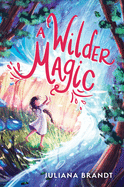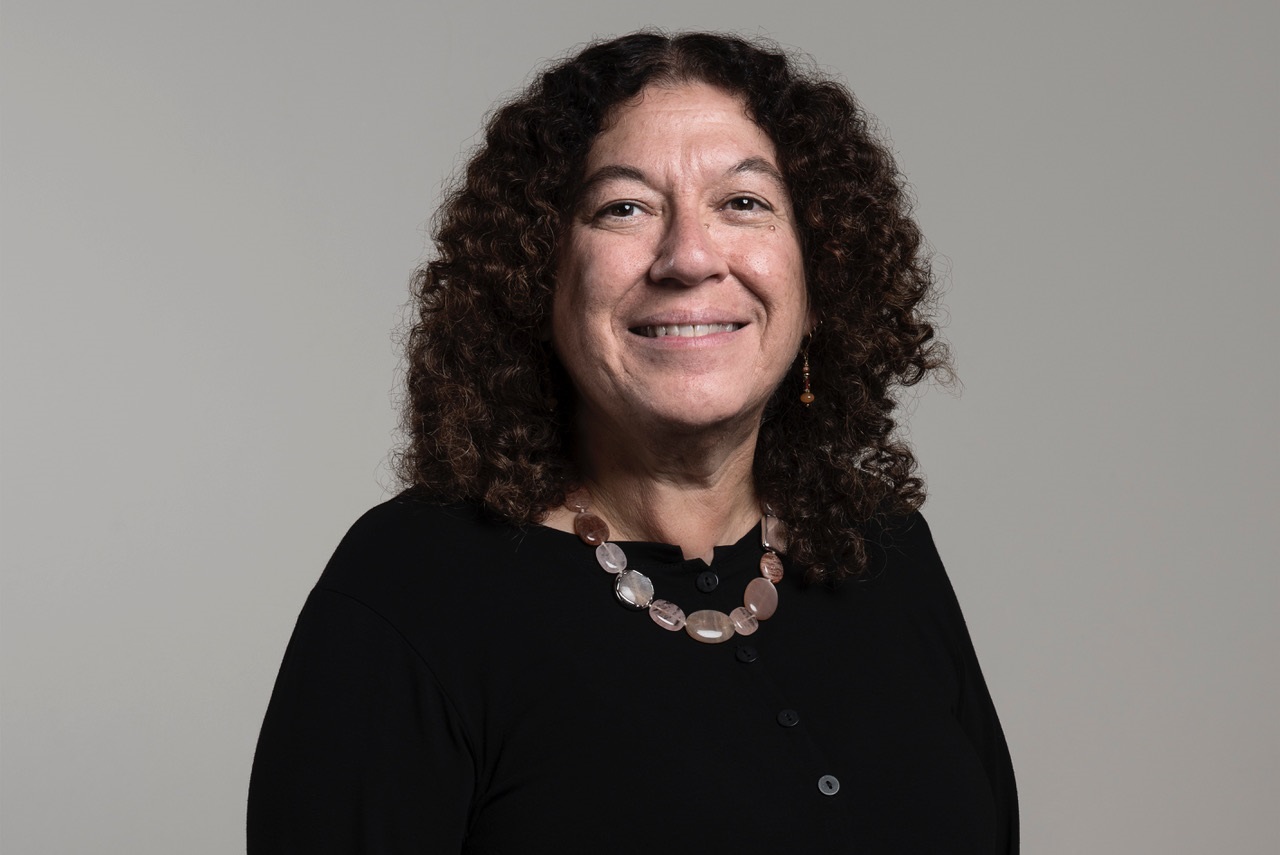 |
| photo: Paolo Cagnacci |
Dr. Perri Klass is professor of journalism and pediatrics at New York University, and co-director of NYU Florence. She is the author of Quirky Kids: Understanding and Supporting Your Child with Developmental Differences, written with Eileen Costello. Klass attended Harvard Medical School, and trained in pediatrics at Boston Children's Hospital. She writes the weekly column "The Checkup" for the New York Times, and she has also written for the Washington Post, the New England Journal of Medicine and Vogue. She is the national medical director of Reach Out and Read, which works to promote reading to young children and provides books at regular pediatric check-ups. Her most recent book is A Good Time to Be Born: How Science and Public Health Gave Children a Future (Norton), about how victories over infant and child mortality have changed the world.
On your nightstand now:
The American Senator by Anthony Trollope--my father loved Trollope, and he was right. A Book of Medical Discourses by Dr. Rebecca Crumpler, the first African American woman to earn a medical degree, graduating in 1864 from the New England Female Medical College; she published this work of medical advice in 1880. She and other early women doctors are discussed in Out of the Dead House: Nineteenth Century Women Physicians and the Writing of Medicine by Susan Wells, fascinating analysis of medicine and writing. I've got The Doctor Who Fooled the World by Brian Deer, his book about the fraudulent claim, which he did so much to disprove, about the so-called dangers of the MMR vaccine, and all the damage that did. For fiction, I've got Margaret Drabble's The Pure Gold Baby. And, finally, I've got Anne Fadiman's beautiful book about her father, The Wine Lover's Daughter.
Favorite book when you were a child:
Torn between Little Women (I mean, I have a daughter named Josephine, and on Christmas 2019, when we went together to the 10 a.m. showing of the new movie version, I told her how lucky I was to have the right daughter Josephine, the one who could appreciate the honor) and Harriet the Spy--I was deeply moved by books about girls who wanted to be writers.
Your top five authors:
(I decided to include authors who have prompted--or at least tempted--me to join their literary societies, or attend conferences, and I still ran over.) Barbara Pym, Anthony Trollope, Mary McCarthy, E.F. Benson, Margery Sharp, Maud Hart Lovelace.
Book you've faked reading:
As someone who is just publishing a parenting book, can I admit that I faked reading the parenting books I was given when my own children were young? Nothing I read seemed to apply to my children or our life--or worse, everything applied at one time or another. The books, even the most positive and supportive, seemed to assume various kinds of consistency--children's personalities, household schedules--while I generally felt I was making things up from day to day. Maybe that's why when I finally wrote--or co-wrote--a parenting book, Quirky Kids, it was about children who, as my co-author likes to say, are the ones you weren't expecting.
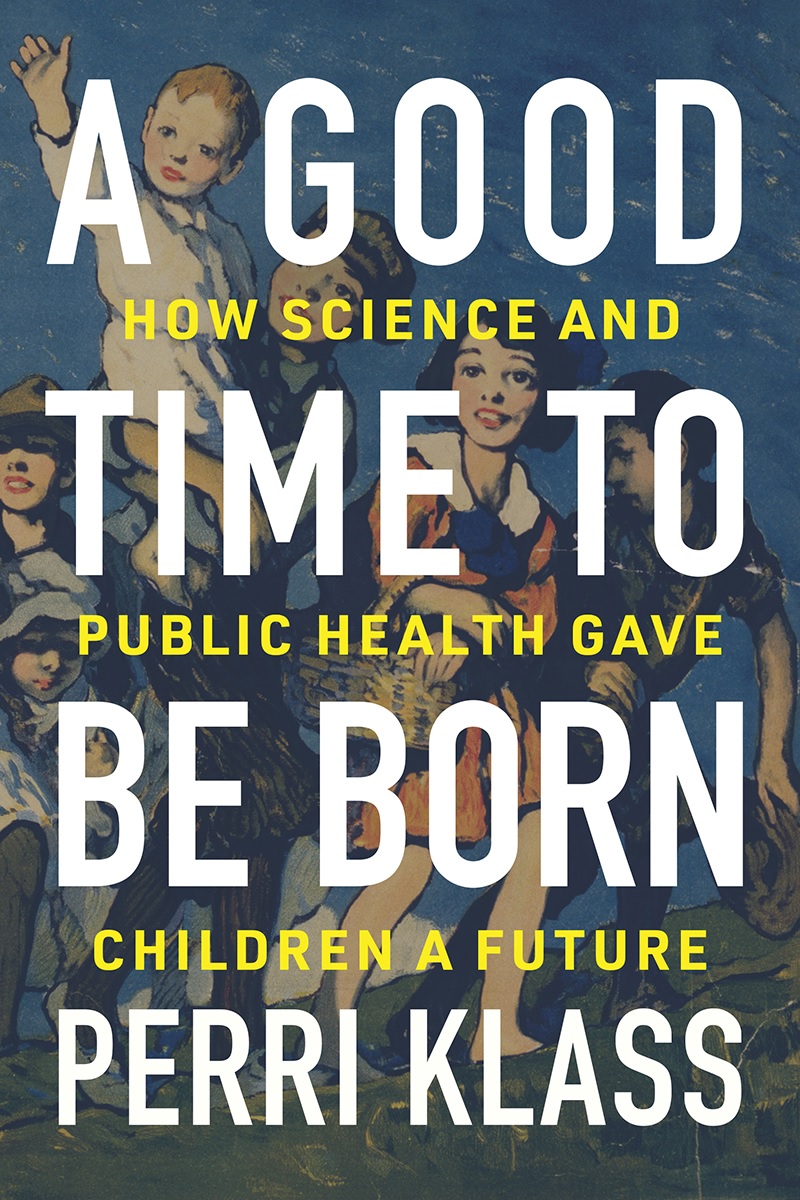 Book you're an evangelist for:
Book you're an evangelist for:
Britannia Mews by Margery Sharp, anything by Barbara Pym, and Memories of a Catholic Girlhood by Mary McCarthy; I have my students read it.
Book you've bought for the cover:
So many of the old Virago editions, and now I buy Persephone editions partly for the gorgeous endpapers, but also because I discover such brilliant mid-20th century novels that I didn't know.
Book you hid from your parents:
I actually never hid a book from my parents--and they were pretty heroic about answering questions and explaining things. I guess there was a moment when a friend lent me her clandestine copy of a little work called Naked Came the Stranger, published in 1969, when I wondered whether I should let my mother see it. But it turned out my mother knew the whole story and thought it was pretty funny--it was an intentionally terrible group-written "dirty book," a hoax that turned into a bestseller.
Book that changed your life:
Fighting for Life by S. Josephine Baker--she was an early public health doctor in New York City, and her cause was bringing down infant and child mortality. She writes with a voice that is so startlingly frank and passionate that reading her story made me want desperately to tell that larger story of what it took to stop babies and children from dying so "routinely," how we got from my grandmother's generation, in which almost everyone lost children, to when I trained in pediatrics, and all children were supposed to live to grow up.
Favorite line from a book:
From Gaudy Night by Dorothy L. Sayers:
"But one has to make some sort of choice," said Harriet. "And between one desire and another, how is one to know which things are really of overmastering importance?"
"We can only know that," said Miss de Vine, "when they have overmastered us."
Five books you'll never part with:
Strong sentimental value:
Coming of Age in Samoa, Margaret Mead: my father's copy of the book that made him want to be an anthropologist, when he came across it in a box of books on a merchant marine ship during World War II.
Everyone in This House Makes Babies, Sheila Solomon Klass: this is actually a memoir of my parents' year in Trinidad (because my father was an anthropologist), and I get born along the way.
Baby and Child Care, Dr. Benjamin Spock: I cherish the battered paperback copy that my mother took to Trinidad in the late '50s, hoping she might come back with a baby. I had the great honor to meet Dr. Spock when I was starting out in pediatrics, and when I talk to parents, I always think about his famous first sentence: "You know more than you think you do."
Leave It to Psmith, P.G. Wodehouse: again connected to my father; he read this aloud to me when I was a child, and helped me understand all the humor--and I've got that copy.
A Perpetual Surprise, Sheila Solomon Klass: a novella that my mother wrote out of her experience on another anthropological field trip.
Book you most want to read again for the first time:
David Copperfield: I read it in 8th grade English, a chapter at a time, and that wasn't the right way to read it--and maybe I wasn't ready for Dickens. Later on, I came to love his novels, but I never went back to this one, and I'm looking forward to it. I think I've let a sufficient number of decades pass.










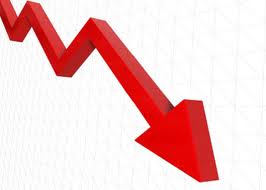 In the 11th month of data reflecting public health measures taken to fight the Covid-19 pandemic, including the closure of many bookstores for a time and limited access since then, in January sales at bookstores dropped 16.6%, to $797 million, compared to January 2020, according to preliminary Census Bureau estimates.
In the 11th month of data reflecting public health measures taken to fight the Covid-19 pandemic, including the closure of many bookstores for a time and limited access since then, in January sales at bookstores dropped 16.6%, to $797 million, compared to January 2020, according to preliminary Census Bureau estimates.

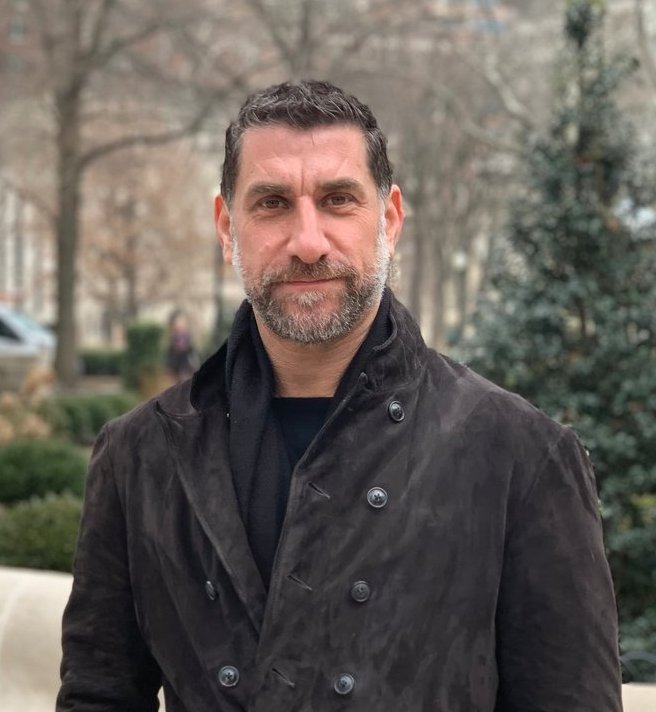
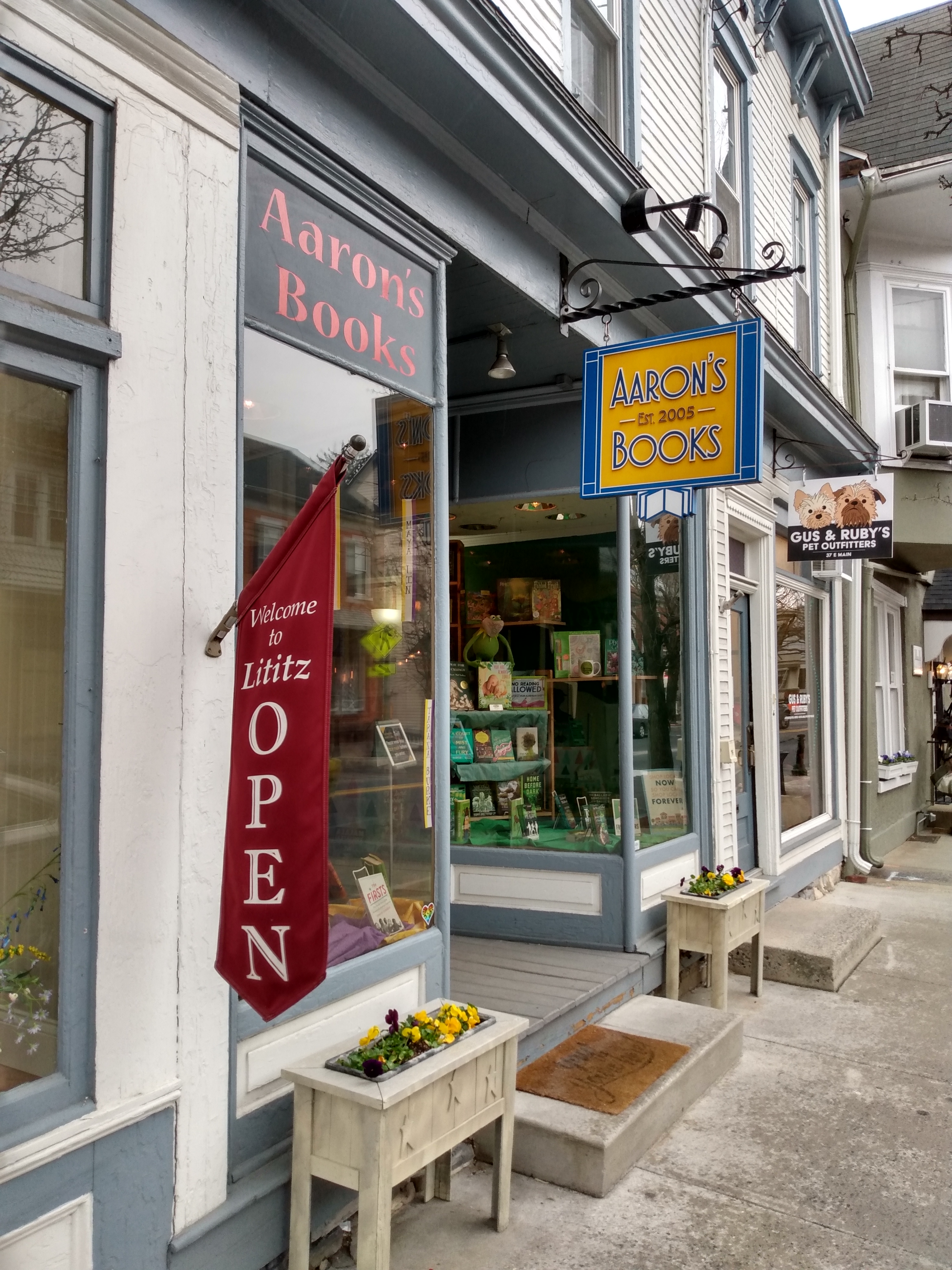 Todd Dickinson, co-owner of
Todd Dickinson, co-owner of 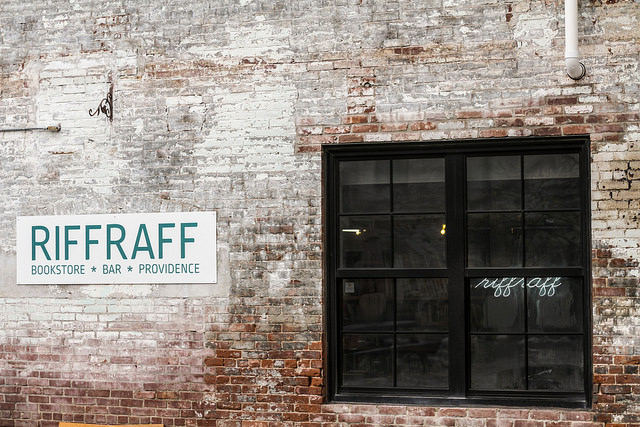 For
For 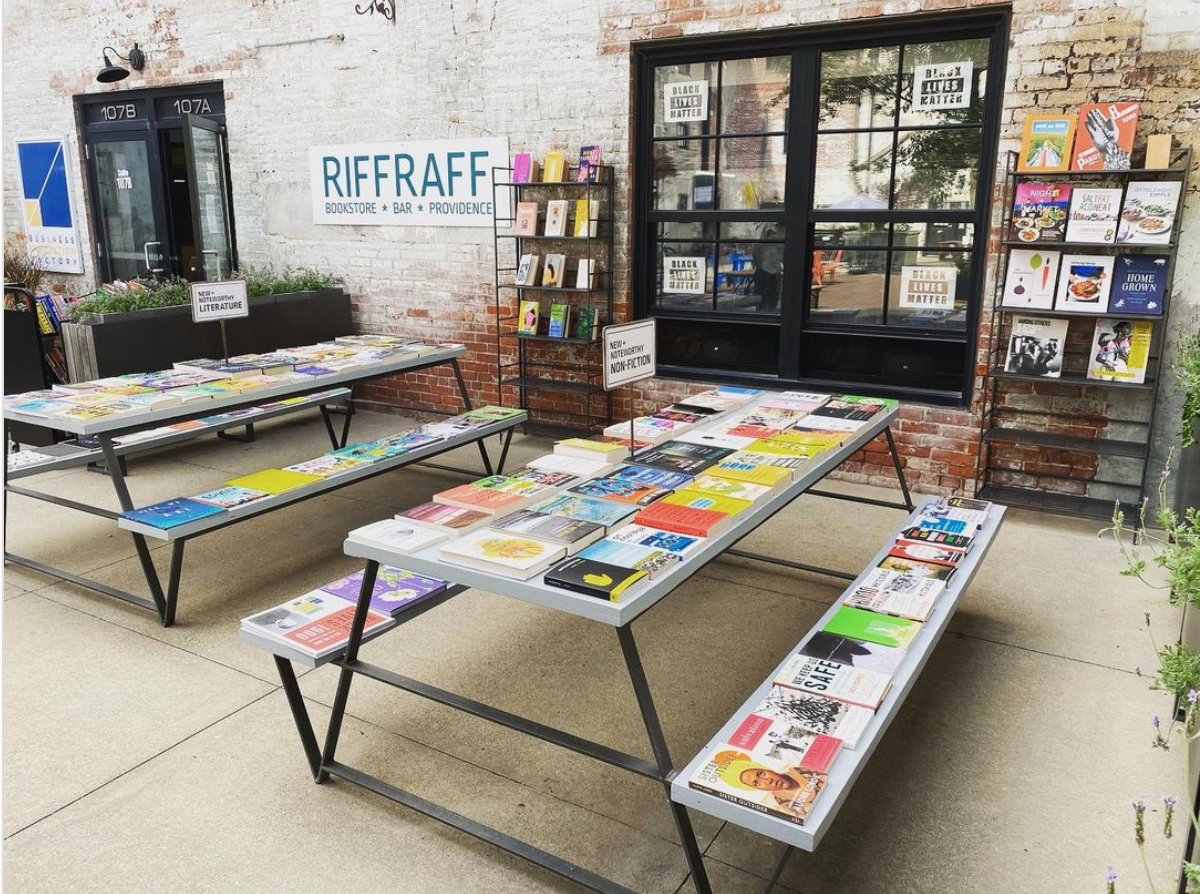 Riffraff is also a bar, and Ramadan noted that whenever they've done outdoor shopping they've set up a small outdoor version of their bar as well, but when outdoor sales aren't going on, that side of the business is effectively on hiatus. Early on in the pandemic she and Roberge were doing things like creating bottled cocktails that people could buy and selling bottles of wine and six-packs of beer, but eventually they decided to just focus on the bookstore and getting their book inventory online.
Riffraff is also a bar, and Ramadan noted that whenever they've done outdoor shopping they've set up a small outdoor version of their bar as well, but when outdoor sales aren't going on, that side of the business is effectively on hiatus. Early on in the pandemic she and Roberge were doing things like creating bottled cocktails that people could buy and selling bottles of wine and six-packs of beer, but eventually they decided to just focus on the bookstore and getting their book inventory online.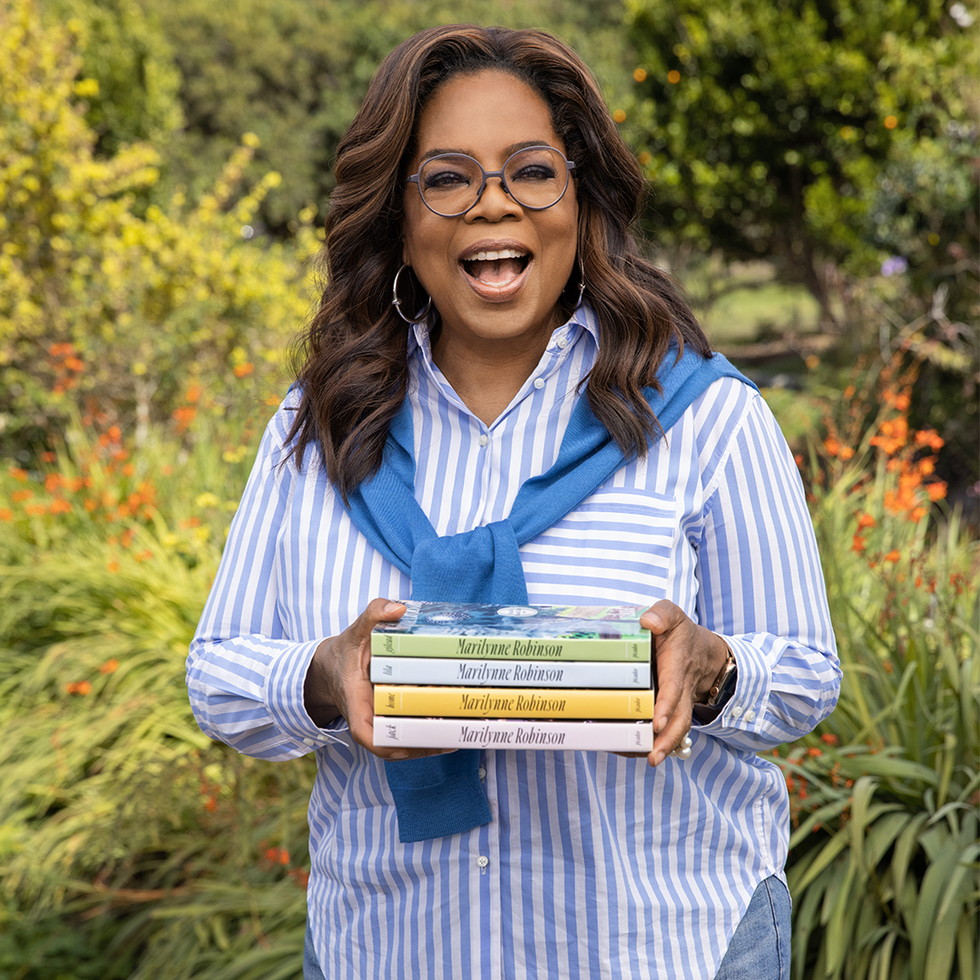 Oprah Winfrey has chosen
Oprah Winfrey has chosen 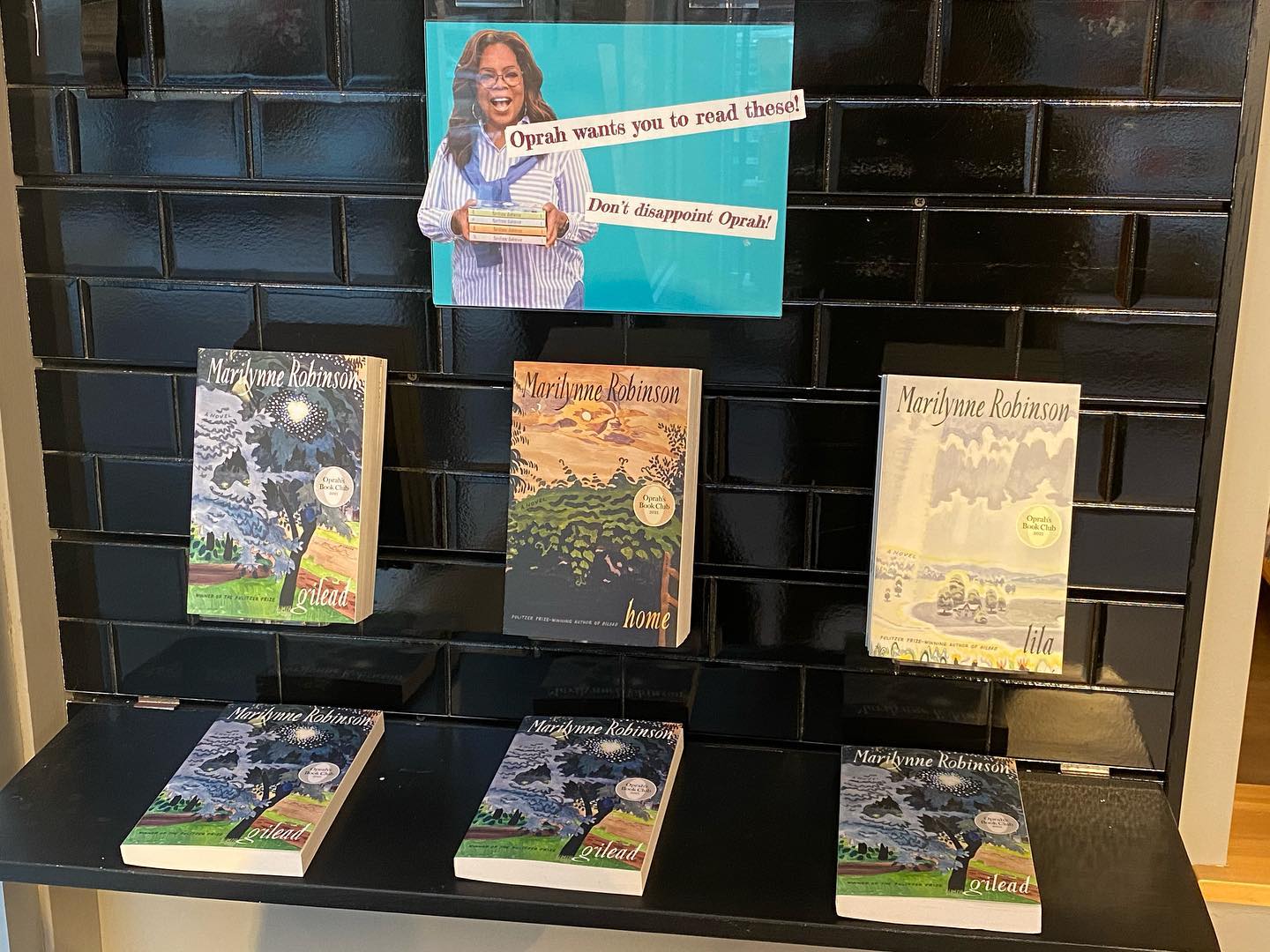 "
"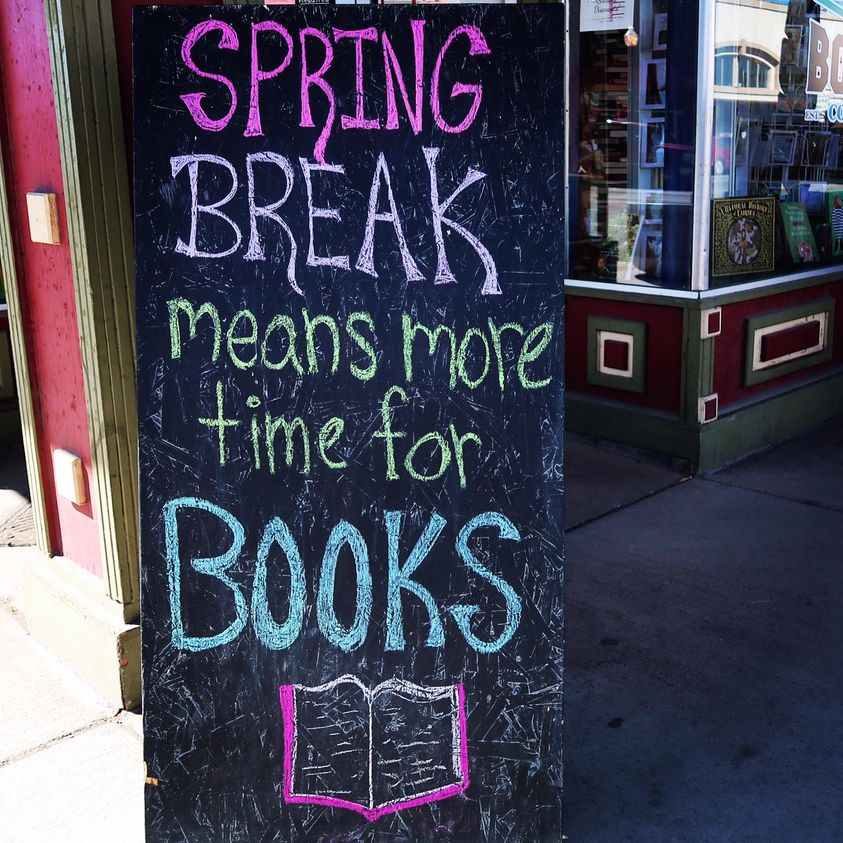
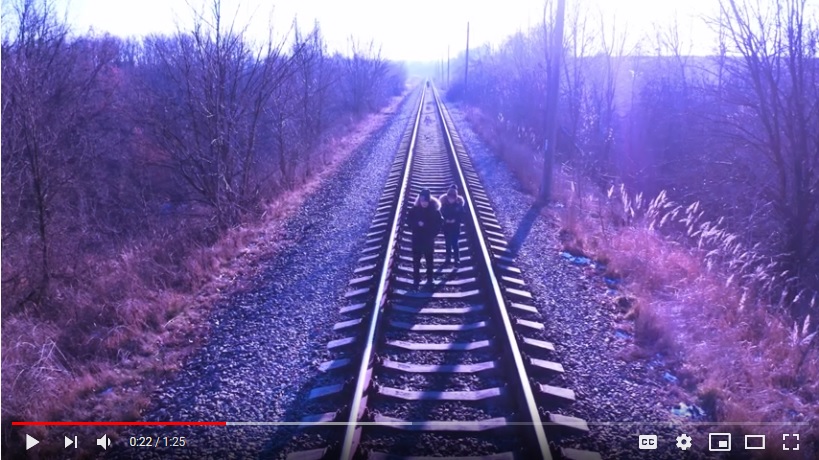 Strange Creatures
Strange Creatures
 Book you're an evangelist for:
Book you're an evangelist for: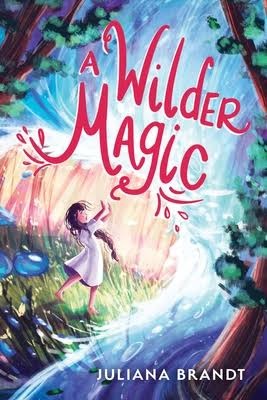 Strong female characters, pertinent contemporary topics and magic rewardingly combine in this lyrically written, family-centered sophomore novel by Juliana Brandt (The Wolf of Cape Fen).
Strong female characters, pertinent contemporary topics and magic rewardingly combine in this lyrically written, family-centered sophomore novel by Juliana Brandt (The Wolf of Cape Fen).